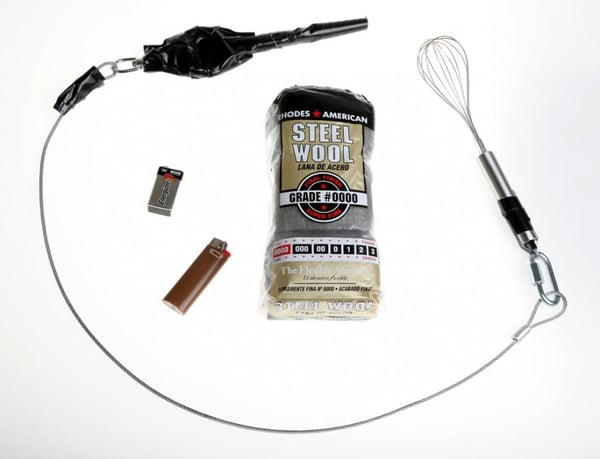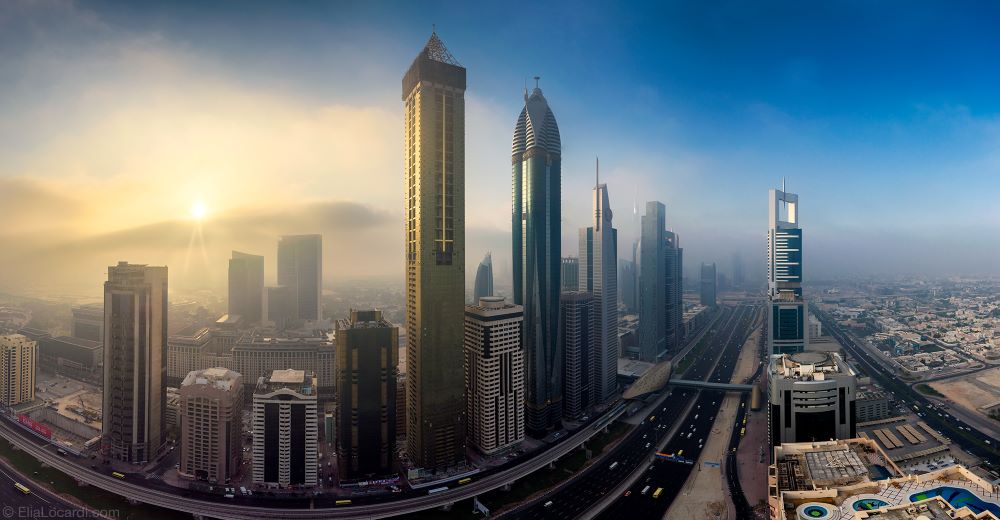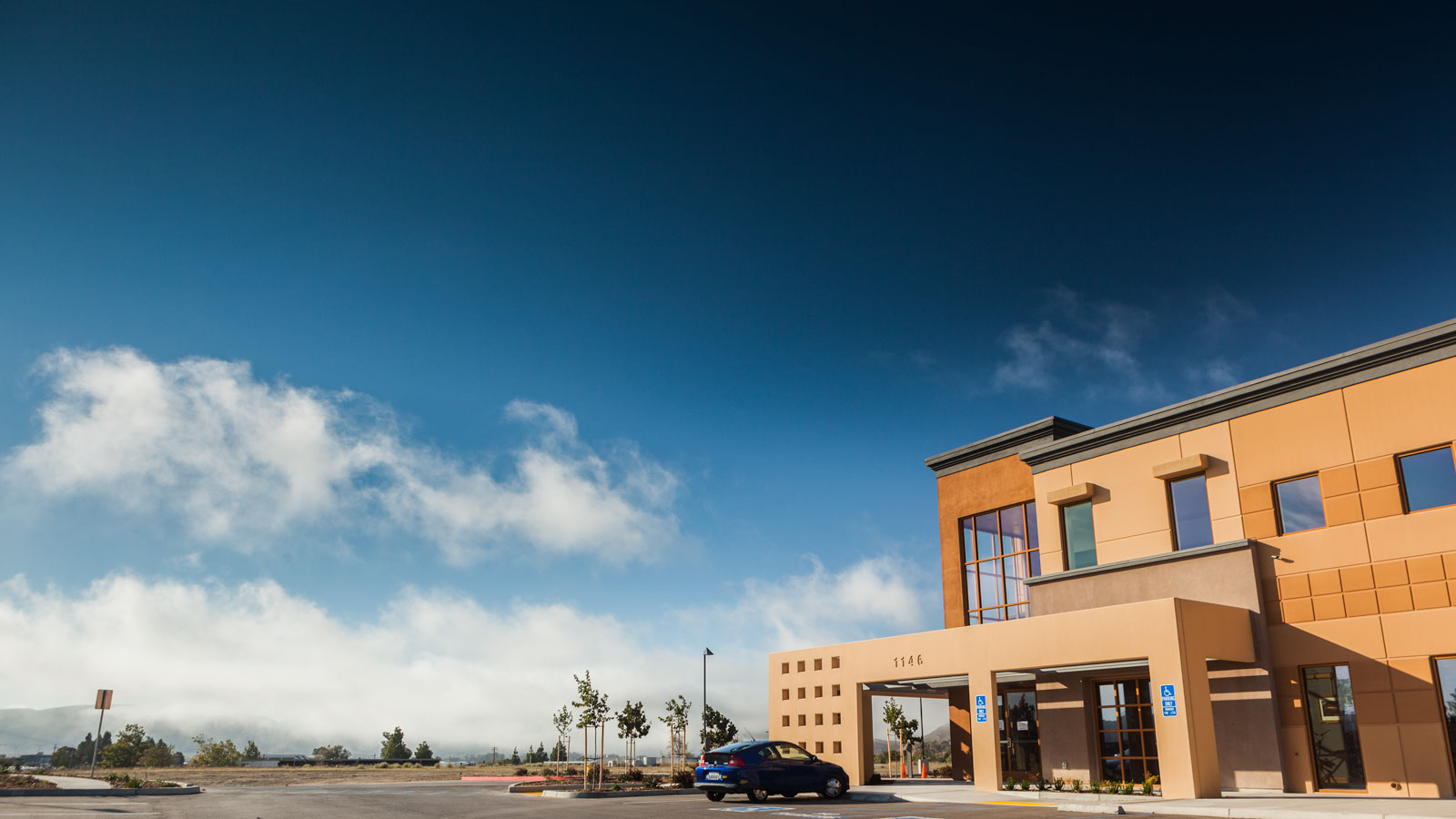Burning Ring of Fire
Long Exposure Photography to The Extreme
The answer is quite simple: steel wool.
Tripod
Camera
Steel Wool
Kitchen Whisk
Chord (~2ft)
Battery or lighter
Electrical Tape

Let There Be Light
Burning steel wool will create a multitude of sparks. Spinning steel wool at the end of a cord will create a shower of sparks. The process is very easy and you’ll only need a couple cheap items. The first item will be steel wool. We recommend you use steel wool with grades ranging from 0-0000. Grades 1 and up won’t produce the optimal amount of sparks. You can get packs of steel wool pads at just about any hardware store. The next item you’ll need is the steel wool holster—no need to get extravagant here—a basic kitchen whisk with a hole in the handle will do the trick. Once you have the whisk you’ll need to attach it to the end of a non-flammable cord (this is why the whisk needs to have a hole in the handle). Only a couple feet of cord will be necessary as you’ll want to be mobile while spinning the steel wool. Some type of handle on the end of the chord is also optimal, both to protect your hands and to prevent accidentally letting go of the rig. As for lighting the steel wool a lighter or 9-volt battery will do the trick (obviously you’ll want to keep the battery or lighter away from the steel wool when you aren’t intending to light it). If you opt to use a 9-volt battery keep in mind all it takes is one rub of the battery onto the steel wool to get it to light.
Lights, Camera, Action
The best time for steel wool photography is at night but we’ve also found the dim hours after sunset and around sunrise can produce some interesting results. When using neutral density filters we’ve found less sparks will show up in the image but the spinning ring (or whatever shape you make while spinning) can still appear. Shooting filter-free right after sunset or right before sunrise will also work and you’ll be able to see sparks—just make sure to stop down to a small aperture during the long exposure.
When shooting after dark we’ve experimented with several camera settings and some of our best results have come with ISO 100 or 200, apertures from f4-f8 and shutter speeds 30 seconds and above. We’ve also found that really stretching the steel wool to spread the threads will let the steel breathe best (for most spark production).
Funny Thing About Fire, It Burns
While this is a very simple process the most important part of this tutorial is SAFETY. It is imperative you try these shots with at least one other person. We recommend you bring a small fire extinguisher. You may also consider carrying a bucket of water to put out any residual steel wool that might still be burning within your whisk—both for safety and to ensure not leaving any behind. It is crucial all parties involved wear the following: gloves, long pants, long sleeves, a hat, something with a hood and goggles (again, nothing flammable).
We’ve now touched on personal safety but let’s go even further. DO NOT try these shots ANYWHERE THAT MIGHT CARRY A RISK OF CATCHING ON FIRE. We like doing these shots on beaches with no vegetation, so there’s no chance of starting a fire. We also refrain from attempting these shots during windy conditions. Please keep in mind this is all for a photo — while your image at the lake in front of famous Maroon Bells in Colorado might be jaw-dropping, it will mean nothing if you start a fire and ruin such a special place.
This brings us to another good point: always practice a pack-it-in, pack-it-out procedure when shooting anywhere on location. Any wool that’s not burned, your whisk, your cord, etc. should NEVER be left behind. Naturally beautiful places make great photographic subjects, but if the result is undue damage or contamination then that beauty cannot be enjoyed by those who follow. Just remember: Leave No Trace.
In Closing
Get creative—you’re in no way limited to the single image approach, here. Going HDR to get your background and adding your fiery subject in post can create some tremendous results. While your colors will be quite vibrant we also recommend some black and white conversions as those results can be extremely dramatic. Many photographers are now using these techniques in portrait work with strobes on their subjects. Your opportunities are endless. Just remember SAFETY FIRST.
*** Really Right Stuff, LLC is in no way responsible for any injuries or damage as a result of photographers attempting to use burning steel wool. ***
Article and images by Jim Weise & Mark G. of Really Right Stuff


